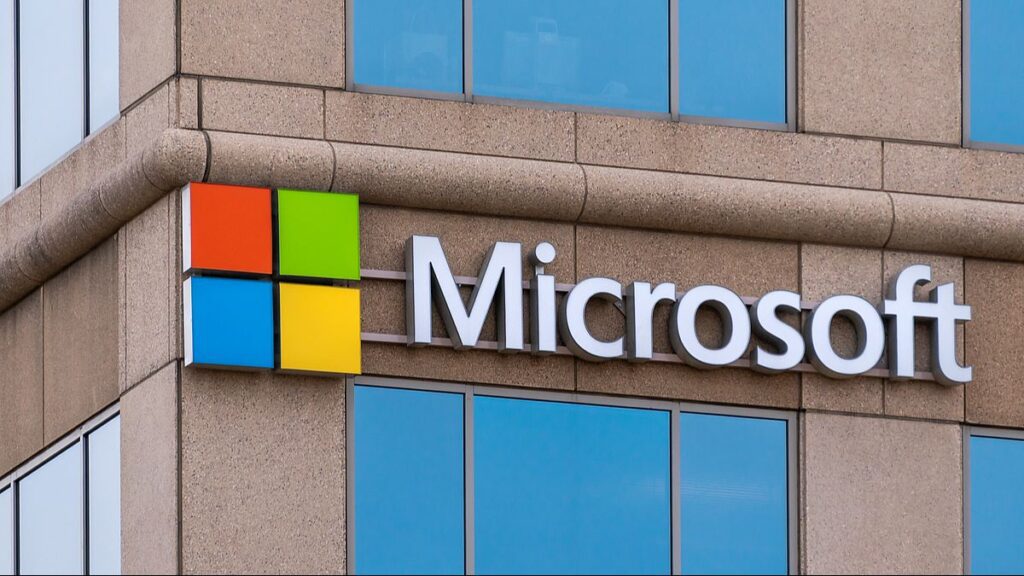
In the past, Microsoft has built strong environmental, social, and governance policies around itself, and now with the latest Activision Blizzard acquisition news, the Big Tech giant could be facing years of work to bring the gaming titan in alignment with its sustainability policies.
The Big Tech giant is already setting in motion plans to compensate the entirety of its monumental greenhouse-gas emissions. Still, the software developer might encounter certain challenges in mirroring its ambitions with Activision.
Activision has never uncovered plans to follow the lead of some of the biggest tech companies riding the wave of minimizing their detrimental effect on the planet. The company has barely disclosed any environmental, social, and governance (ESG) information and places far less sustainable policies than some of the sector’s most significant tech names.
While the deal is far from being completed – given it still needs regulatory approval – Microsoft would have to invest hefty efforts into Activision to reciprocate its sustainability policies and be applicable.
As of January 19, sustainability-driven funds exceeded $53 billion of the tech giant’s shares, placing it at the top when it came to such funds, according to data service provider Morningstar Inc.
Let’s compare this data with Activision Blizzard’s $869 million in funds. We can see that Microsoft might have a long way to actually fulfill its vision in interlocking its capabilities with those of the gaming giant.
Many factors drove Microsoft’s move to acquire Activision, and sustainability is one of them. The gaming mogul’s ESG problems, allegations of sexual harassment, and work-environment waywardness detrimentally affected the company’s share prices, sending its shares to a 6 percent drop by the end of 2021.
In its investors’ call, Microsoft emphasized investing efforts into setting groundbreaking rules to reshape Activision’s workplace culture, placing it as a priority.
While both companies are working to fill in specific gaps and mismanagement issues in Activision, the fact remains that there’s quite an ordeal of matters to be dealt with concerning managing gaps between both companies.
In Microsoft’s case, the company openly conveys many topics in its reports, ranging from “corporate social responsibility, environment, and diversity and inclusion,” according to The Wall Street Journal (WSJ).
The Washington-based company covers the amount of energy it employs from both renewable and non-renewable sources based on the region and the type of sources. The tech giant announced that it bought and consumed more than 6.8 million megawatt-hours in 2020 in North America, compared to a number exceeding 186,000 MWh from non-renewable sources.
From another aspect, Activision released its first-ever ESG document last year but failed to divulge any environmental metrics to support the report’s data.
“At this time, we are unable to collect data related to the energy and water footprint associated with our offices,” the gaming firm stated.
The reports indicate that Activision is not weaponized with the tools needed to obtain primary environmental data on its conduct.
“It will take a significant effort to collect Activision’s environmental data required to get its reporting to the same level as Microsoft,” said Joe Holman, leading the ESG practice at WithumSmith+Brown PC.
It is worth mentioning that Holman also predicted that once the acquisition reaches its final stages, it would take almost two years for Microsoft to gather the needed ESG data for the video game developer.
Activision did not immediately respond to a comment to WSJ. Microsoft refrained from commenting on the matter.